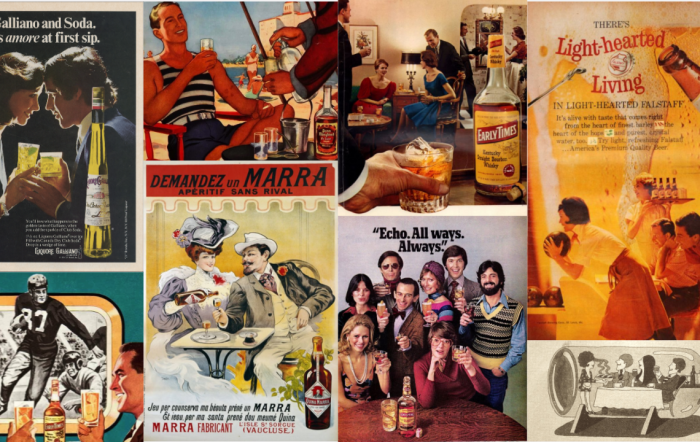Get analysis, insight & opinions from the world's top marketers.
Sign up to our newsletter.
On the occasion of the 10th anniversary of the Responsible Marketing Pact, Giuditta Hanau Santini, Junior Policy Manager at WFA, shares her thoughts on the importance of protecting minors from exposure to alcohol advertising.

I have vivid memories from when I was a teenager, not so long ago, of TV ads and billboards advertising alcoholic beverages. Looking back (and remembering the content of some of the ads) it’s clear that in the early 2000s responsible marketing may not have been the alcohol industry’s number one concern.
Things have changed radically since, due to increased societal and regulatory pressures.
In response to growing concerns, in 2012 seven global leading alcohol producers (AB InBev, Bacardi, Brown-Forman, Carlsberg, Diageo, Heineken and Pernod Ricard) agreed to abide by an ambitious set of global standards to protect minors from alcohol advertising: the Responsible Marketing Pact (RMP) was born.
Today this framework remains the most far-reaching response to the UN’s call on the private sector to eliminate alcohol marketing to minors. Moreover, EU regulators support self- and co-regulation in this space and the Audio-visual Media Services Directive (AVMSD) recognizes self- and co-regulation as effective forms of consumer protection.
In the past 10 years, the RMP not only has expanded by welcoming two new members (Moët Hennessy and The Coca-Cola Company), but has also evolved to reflect developments of the space it operates in.
In a nutshell, the RMP ensures that:
There will always be criticism of advertising industry self-regulation, especially in a sensitive area such as alcohol marketing. And although we have come a long way, there is still work to do in order to meet the RMP’s ambitious target of eliminating alcohol marketing to minors.
The world is fundamentally different from the early 2000s, when the teenage me would see alcohol ads on TV and billboards around town. The internet is continuously evolving, and consequently so is advertising. Realities such as influencer marketing, the issue of age verification, collaboration with social media platforms, the role of the alcohol industry in sponsoring events and the exponential growth of online gaming, are just some of the challenges we face.
My hope is that minors can enjoy all the possibilities the internet has to offer, while enjoying protection from content they should not see. The RMP is ready to tackle these challenges head on.
For more information, visit www.the-rmp.eu
For more information or questions, please contact us

